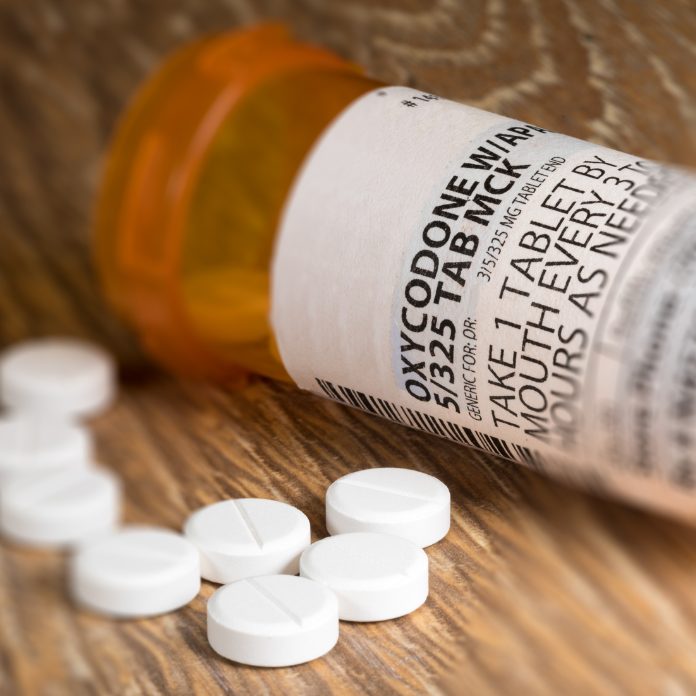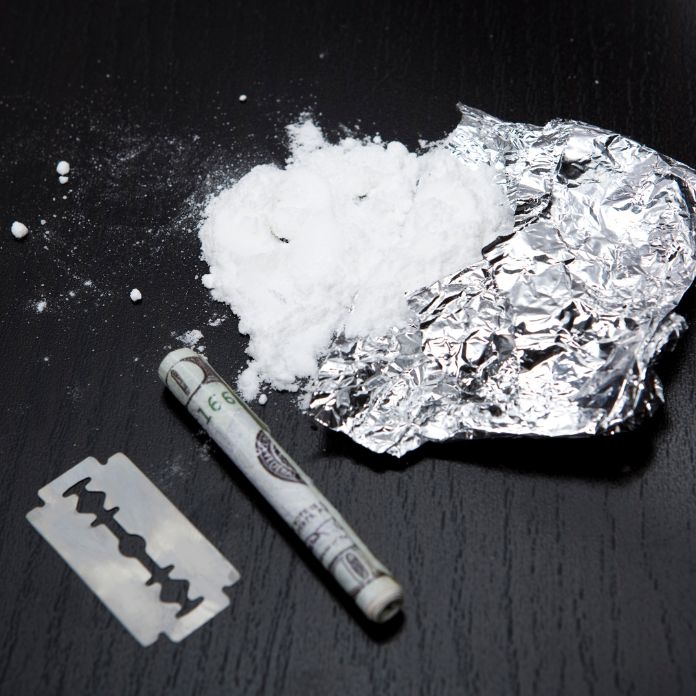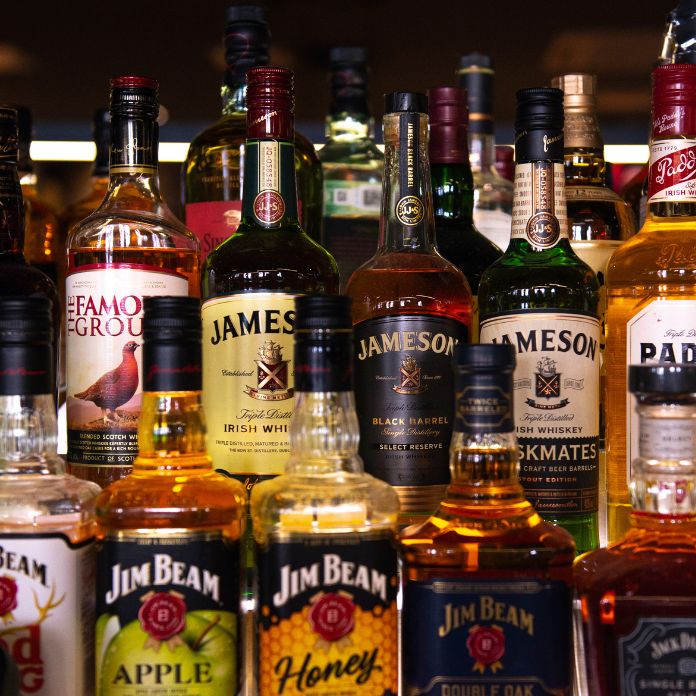Expert Insights
West Virginia has more drug overdose deaths per capita than any other state–52.8 out of every 100,000 residents (155.07% above the national average). Since 2019, a yearly awareness campaign, called “Save a Life Day,” has been held at various sites statewide. Local community groups and organizations distribute educational materials, free Narcan, and fentanyl test strips (to detect the presence of fentanyl in another drug). This campaign helps reduce the deadly impact of drug overdoses in WV. By providing life-saving tools to users and those closest to them, the likelihood that first responders will arrive too late is greatly reduced.
~ Rita Milios
How Much Does Drug Rehab Cost in West Virginia?
West Virginia is ranked 38th nationwide in terms of addiction treatment affordability, with an average cost of drug and alcohol rehab of $57,881 (without insurance).
- Medical detox is the most expensive, with an average cost of $142,698
- Long-term inpatient drug rehab in West Virginia costs an average of $51,076
- Outpatient addiction treatment in West Virginia costs an average of $8,487
- Outpatient methadone treatment is the most affordable, with an average cost of $7,541
The cost of rehab in West Virginia varies based on several factors. For instance, the type of facilities available and the type of program are two determining factors in the ultimate costs. The best way to estimate what drug and alcohol rehab in West Virginia will cost is to consider the following:
The type of treatment program you need (inpatient vs. outpatient care)
Whether it’s a luxury-style facility or offers basic amenities
The duration of treatment needed
Whether or not you have insurance
Selecting a rehab facility in-network with your health insurance provider
Whether or not you’re eligible for special financing or government funding
The location of the facility
It’s important not to stress about being able to afford alcohol or drug rehab in West Virginia. While there are some non-negotiable costs, such as room and board, there are plenty of options that accommodate all levels of income. For example, having insurance can help reduce your rehab costs significantly. Of course, you’ll need to make sure the facility you choose is in-network with your insurance provider.
If you don’t have insurance and aren’t able to pay out of pocket, you can look for state-funded programs. These facilities sometimes offer free treatment for those who meet certain criteria. They may also offer special financing and scholarships based on your financial needs.
Paying For Addiction Treatment in West Virginia
As of 2024, there were over 130 drug rehab facilities across the state of West Virginia. These facilities accept several payment methods. Of those treatment facilities, the following numbers reflect how many offer free or low-cost treatment programs:
Paying for addiction treatment centers can be challenging but several options can help including insurance coverage, state and government sponsored coverage or care, payment plans, and sliding scale fees. Nonprofit or faith based organizations may also offer free or low cost treatment. It’s crucial to explore all your available options to get the care you need when you need it.
Private pay + insurance
People with commercial health insurance typically have coverage for addiction treatment. Two Federal laws mandate insurance provider coverage for substance abuse or mental health treatment, but there are exceptions. The laws include the 2008 Mental Health Parity and Addiction Equity Act and the 2010 Affordable Care Act.
The level of coverage and benefits varies depending on your insurance policy. Most treatment centers will verify your insurance coverage and help estimate your potential out of pocket costs. Even with insurance coverage, you may need help with your part of the expenses, such as deductibles, copays, and coinsurance. Some people choose to pay privately to keep their addiction treatment confidential. These are some of the commercial insurance companies that provide coverage in West Virginia.
- Aetna – Medicaid Managed Care
- CareSource
- Coventry Health Care of West Virginia, Inc.
- Highmark Blue Cross Blue Shield West Virginia
- The Health Plan of the Upper Ohio Valley, Inc.
- Peak Health
- UNICARE Health Plan of West Virginia, Inc.
- UnitedHealthcare
- West Virginia Health Insurance Premium Payment (HIPP) program (Medicaid Qualified)
Medicaid
WV Bureau for Medical Services administers the West Virginia Medicaid program. Medicaid is a state and federally funded program that provides coverage and care for people who meet eligibility requirements. Eligibility qualifications include low income, citizenship, current social security care, physical or mental disability, or pregnancy.
Health PAS-Online is the West Virginia online portal for Medicaid and the Children’s Health Insurance Program. You’ll find helpful links and documents. West Virginia PATH provides programs for individuals and families with low income and limited resources.
Medicare
Medicare is a federally funded program that offers coverage for hospitals and outpatient care, including doctor and therapist visits. These benefits are paid through original Medicare Parts A and B. You may also purchase a premium based policy from an insurance provider that manages Parts A and B and typically offers more benefits.
Nearly 25% of people in WV are enrolled in Medicare as compared to 19% of the U.S. population. The WV SHIP program provides Medicare beneficiaries and their families with free and confidential help about their Medicare benefits and help with paying Medicare costs.
Military insurance
Military insurance -TRICARE – is healthcare coverage for active duty and retired service members of the U.S. military and their families. TRICARE provides members comprehensive coverage for medical, dental, vision, and mental health services. The insurance ensures that military personnel and their dependents have access to high quality healthcare in the U.S. and internationally.
Many veterans struggle with substance use, including alcohol, prescription drugs, tobacco, and street drugs. The VA health care program provides several options, including inpatient and outpatient care using evidence based medical detox, drug substitution therapy, and individual and group counseling.
Tribal funding and programs
West Virginia House Bill 2974 was introduced in 2023 to amend the Code of West Virginia established in 1931. The Bill recognized Native American Tribes to protect and preserve their cultural heritage. The Rural Community Development Initiative Grants in West Virginia awards grant money to federally recognized tribes to support nonprofit housing and community development organizations.
The Appalachian Regional Commission uses federal funds to invest in community development through grants that align with a strategic plan that reflects West Virginia’s state plans and strategies. The Bureau of Indian Affairs Financial Assistance and Social Services program provides financial assistance for individuals who are members of federally recognized American Indian and Alaskan Native Tribes.
Other low cost options
Many addiction treatment centers offer payment options that help you pay for treatment or financial counselors who help you find aid in the community. The financial options vary between treatment centers and local communities.
The quickest way to pay for alcohol rehab and substance abuse treatment is a personal loan you may get from the bank, friends, or family. While a bank loan is confidential, a personal loan from friends or family may have a lower or no interest level and repayment terms are more flexible.
A financial counselor may also offer payment plans directly to the treatment center interest free or sliding scale fees that meet your ability to pay. Each of these options may require proof of income and savings. You may have access to grants and scholarships from nonprofit organizations in the community or national organizations. Employer assistance programs typically offer tools and resources for addiction treatment. Finally, faith based organizations are often nonprofit centers that offer free treatment for those who cannot pay.
Free Addiction Treatment Resources in West Virginia
Access to free addiction treatment centers plays a critical role in achieving sobriety and sustainable recovery for many reasons. A lot people struggle with a lack of financial resources to pay for treatment. Free care eliminates this barrier, making essential services available regardless of your financial situation. This allows you to experience earlier intervention without worrying about cost and receive comprehensive care using a range of evidence based services.
Although treatment costs can feel overwhelming, it’s also important to recognize the cost of addiction is also very high. In sobriety, you save the cost of addictive substances, lower your risk of incarceration, and improve your relationships with friends and family. Free drug rehabs in West Virginia can help eliminate the financial challenges that may be associated with addiction treatment.
Services can include inpatient and outpatient care such as individual, group, and family therapy using evidence based therapeutic strategies such as cognitive behavioral therapy. It is crucial to remember addiction treatment is not a luxury but a necessity to experience a drug free life.
Salvation Army Maryland West Virginia
The Salvation Army’s Adult Rehabilitation Center offers a faith based program that lasts up to one year to help men overcome addiction. The participants are provided with housing, counseling, and resources to develop life skills. Other services include anger management, relapse prevention, and work therapy.
West Virginia Health Right
The organization was founded in 1982 by physicians who wanted to provide care and believed that every person is entitled to quality care, no matter their financial status or ability to pay. They serve patients living in 34 counties across the state.
Harmony House
Harmony House helps the homeless in the Huntingdon area by offering housing and support services, including healthcare, case management, and job assistance. They participate in Social Security’s Representative Payment Program in which a payee is assigned the task of managing benefits for people unable to manage their finances.
Helping Heroes
Helping Heroes provides veterans with emergency services, including emergency housing or shelter, transitional housing, intensive case management, assistance getting permanent housing and VA benefits, and financial and employment counseling.
Jobs & Hope West Virginia
Jobs & Hope West Virginia is a statewide comprehensive program to help with substance use disorder. They organize a collaboration of agencies in West Virginia to help residents get career training and secure employment. They first check your eligibility for the program before beginning you in job readiness and life skills training that leads to job placement.
Drug and Alcohol Addiction Stats in West Virginia
Substance use runs rampant in our society, and West Virginia has seen its fair share of substance use disorders over the years involving its young adults. According to recent data collected by the Substance Abuse and Mental Health Administration (SAMHSA), while much of the substance use in the state hasn’t increased significantly, it remains remarkably close to (if not over) the national average.1
From 2017 to 2019, among young adults between the ages of 18 and 25:1

Opioid use remained at 1.8%, compared to the national average of 1%.

7.6% used illicit drugs (heroin, cocaine, meth) vs. a national average of 7.5%.

Alcohol abuse in this age group was 33.6% vs. a national average of 35.4%.

7.3% of those who used alcohol developed alcohol use disorder.
Drug Laws in West Virginia
The drug laws in West Virginia are designed to protect not only the community at large but also first responders, law enforcement, and those who are misusing or are addicted to drugs or alcohol.
West Virginia Opioid Antagonist Act
The West Virginia Opioid Antagonist Act helps prevent opioid overdose deaths by allowing licensed healthcare professionals to prescribe antagonists such as naloxone or naltrexone to first responders and relatives, friends, and family members of individuals at risk of an opioid overdose.
Cannabis/Marijuana
The production and selling or distribution of marijuana is illegal in West Virginia. Medical cannabis is allowed for individuals with serious medical conditions, such as cancer, multiple sclerosis, Huntington’s disease, Crohn’s disease, and terminal illnesses to name a few. Bills were introduced in 2023 and 2024 to legalize marijuana.
Drug Testing
West Virginia House Bill 2857 established the West Virginia Safer Workplaces Act that allows employers to test potential and current employees for drugs and alcohol. A positive result allows the employer to discharge an employee or deny employment to an applicant. The employer pays for the drug test but employees can ask for a split sample test by another lab to challenge the results.
West Virginia DUI Laws
A blood alcohol level of 0.08% or more or 0.04% for a commercial vehicle is illegal in West Virginia. Driving in the state gives the state implied consent to give you a preliminary breath test. If convicted of the death of another person includes a penalty of up to 15 years in prison, up to $3,000 in fines, and a 10-year suspension of your license.
Cocaine Laws
Cocaine is illegal in West Virginia This includes the possession, sale, or distribution of the drug. The state does not differentiate between crack and powder cocaine. The penalty for possession is up to six months and up to a $1,000 fine. Selling cocaine is a felony and conviction carries a penalty of up to 15 years in prison and/or a fine of up to $25,000.
Resources
- Substance Abuse and Mental Health Services Administration. (2019). Behavioral Health Barometer, West Virginia, Volume 6.
- U.S. Department of Health and Human Services. (2021, December 1). Mental Health and Substance Use Insurance Help.
- Chanell Baylor. SAMHSA (2021). Medication-Assisted Treatment (MAT).
- Substance Abuse and Mental Health Services Administration. (2021, June 8). Methadone.
- Substance Abuse and Mental Health Services Administration. (n.d.). Buprenorphine Treatment Practitioner Locator.
- Substance Abuse and Mental Health Services Administration. (2020, September 15). Naltrexone.









